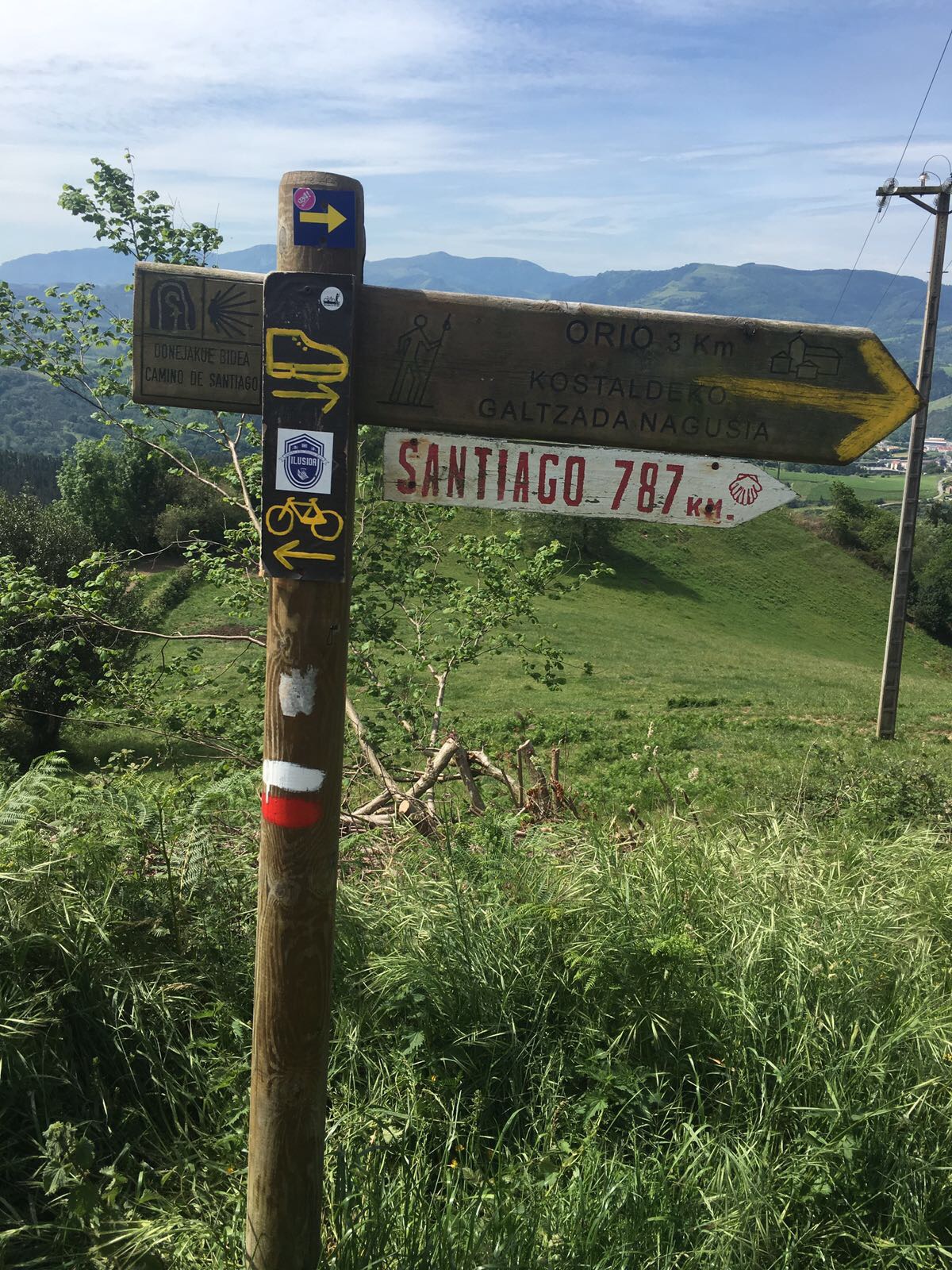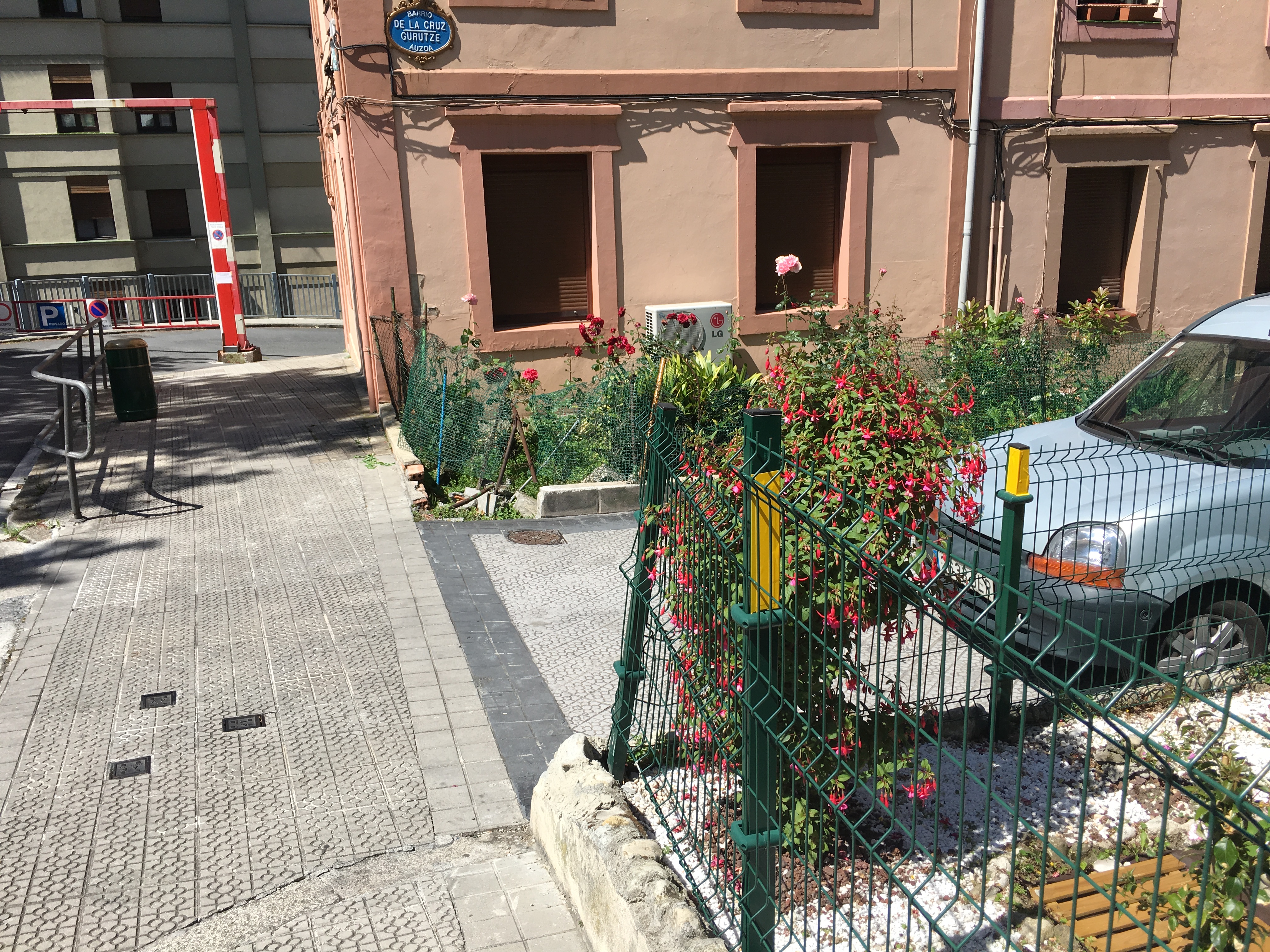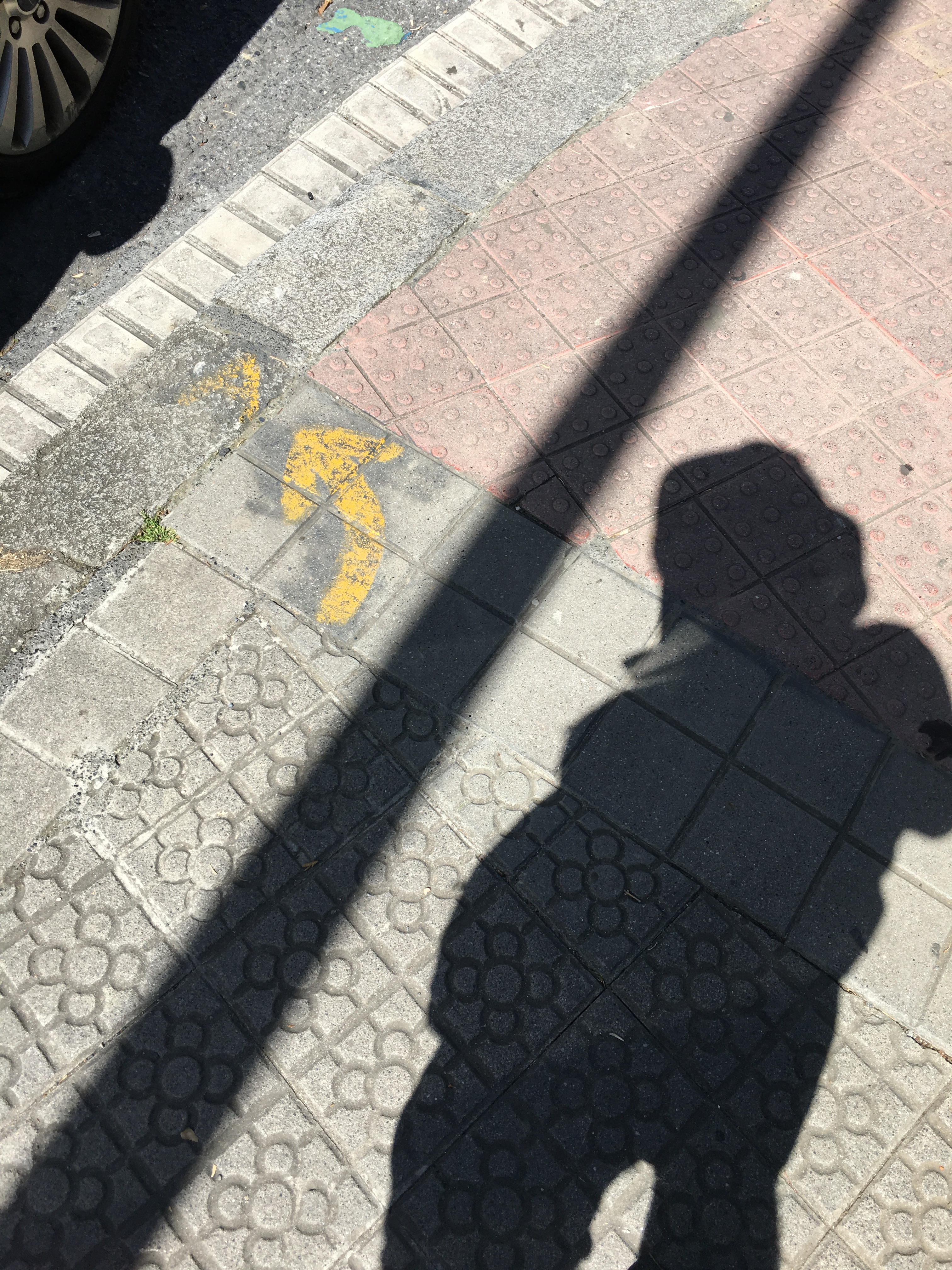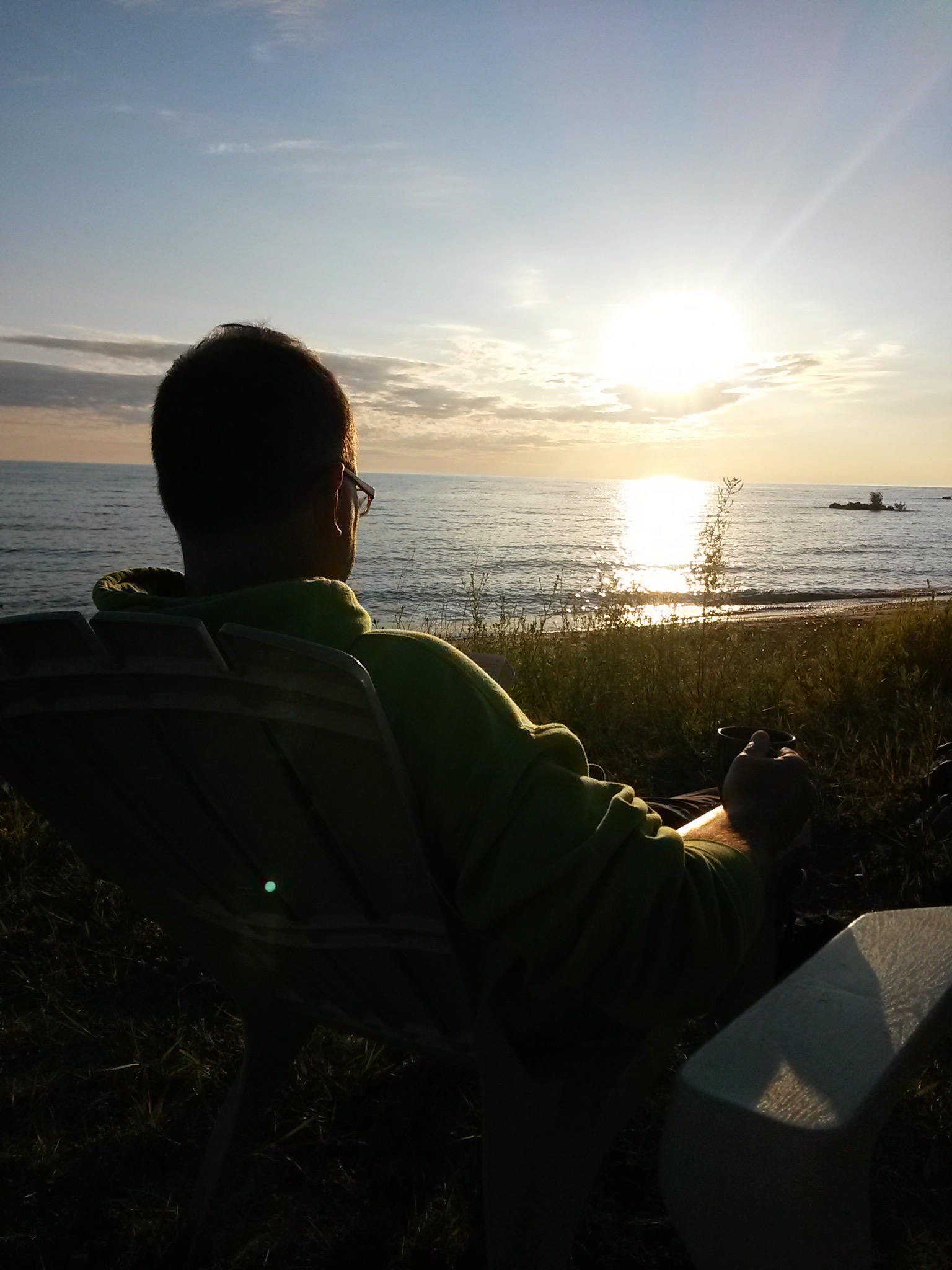The disciples need to have their feet washed.
It was not only customary in ancient times to wash the feet of guests into your home, but necessary. Calloused and muddy feet were the norm in an age of open-toed sandals and pedestrian highways. Providing this service was a kind and appreciated gesture offered to the weary pilgrim.
But no one else had volunteered to do it. The disciples had followed all the Lord’s instructions to prepare for a meal in the upper room. They had bought what they needed in preparation for the Passover. They had gathered the bread and wine. Check. Check. Check.
So, what made them miss this important act of hospitality, friendship and welcome? What blinders did they have on?
Perhaps, we can’t underestimate the state of affairs among the disciples. Recall, they were arguing about which one of them was the greatest.[1]And for any one of them to volunteer to wash feet would be to lose the argument. Because only servants and slaves washed the feet of their superiors.
So Jesus got up to do it—shocking them all by his disregard for social and cultural convention.[2]
And then, as if that wasn’t shock enough to the system, Jesus looks up at the disciples, looks them square in the eyes and says:
“If I, your Lord and Teacher, have washed your feet, you also ought to wash one another’s feet.” (v.14)
How good are we at ‘washing one another’s feet’? We’re not doing it in worship tonight on Maundy Thursday. I don’t believe we’ve ever done it here at Faith. But maybe we need the practice.
Since my father’s death earlier this year, I’ve been reviewing his life story, going over certain details. Especially in his formative days when he migrated from Poland to London, England, in the mid-1960s, I see a pattern emerge.
The small town in southern Poland where he was born and raised was and has been the largest concentration of Lutherans in a predominantly Roman Catholic nation. They called themselves the Lutheran Church of the Augsburg Confession. And, the church whose bishop he assisted later in London was the Lutheran church ‘in exile’ from Poland. This church was taken care of by the Missouri Synod Lutheran church.
Even though commissioned to serve ELCIC congregations when he and my mother immigrated to Canada in 1967, Dad was still called upon to serve Polish-speaking Lutherans once a month in an independent Lutheran Church in Toronto during the 1980s. This congregation has since become part of the Missouri Synod.
When our long-time family friend from Toronto visited us here in Ottawa a couple weeks ago, I was reminded again of this pattern: My father had been, in the first part of his life certainly, born and bred in the culture and beliefs of the Missouri Synod/Confessional Lutheran Church, worldwide, you could say.
The question I’ve pondered is: What made him change his allegiance? Why not continue to remain serving the denomination and church culture of his childhood and youth—even in North America? Why did he change? What made the difference?
It wasn’t doctrinal, by and large. I remember several debates we had around the kitchen table over the hot button issues in the church during the past few decades. And he usually tended towards the more conservative stance. It wasn’t doctrinal. It wasn’t about beliefs and confessions of faith. It was something else.
When he was serving the Missouri Synod church in London, he met someone over lunch after worship one day. This man, William Dase, had been a pilot in the war. A Canadian flying with the British Airforce, he had made many runs over London. And, after the war, decided to make London his home.
He was also a major benefactor of Waterloo Lutheran Seminary. In conversation over lunch, my Dad expressed a desire to learn English, and not anywhere people knew him. Somewhere far away from any Polish-speaking Lutherans, he felt he could master the English language. Following the Soviet invasion of Czechoslovakia in 1968, he also didn’t believe he could ever return to Poland a free person.
And so Dase posed a simple question, with significant consequence: Why not spend a study year at Waterloo Lutheran Seminary in Canada? Dase would sponsor my Dad’s study and booked passage for both my parents on the ocean liner, Maasdam, to set sail from Southampton to Quebec.
Before my parents landed in Waterloo, the Dean of the Seminary at the time, Professor Dr. Hauser, had already arranged an apartment in student housing and a job in the cafeteria kitchen for my mother which paid $75 a month. This was just enough to cover the rent for the apartment.
After completing his master’s degree at Waterloo, my Dad was appointed to serve a small rural parish north of Stratford, Ontario. He needed a car. So, Assistant to the Bishop, Dr. Berner, of the Eastern Canada Synod, went with my Dad to the bank to arrange a loan to buy a VW Beetle. Dr. Berner used his standing with the bank as collateral for the loan.
However, after the year was up, my parents’ temporary student and visitor VISAs were expiring. And so, the Dean of the Seminary, Dr. Hauser, promptly took my parents to the immigration office in Kitchener to vouch for an upgrade to landed immigrant status— ‘my parents would make excellent citizens in Canada’, he told the immigration officer without hesitation. They received their immigrant status on the spot.
When my brother and I came along a couple of years later—twin boys—thus creating an instant family that doubled in size literally overnight, my parents experienced a sudden strain on the household budget.
The bishop of the Eastern Canada Synod, then Bishop Lotz, immediately arranged for a changed call to the three-point parish in Maynooth, Raglan and Denbigh—because these parishes were able to offer a higher wage.
That was then, this is now. I understand. Nevertheless, I am impressed in reviewing this history how church people who were in a position to do so could make such a positive difference in the lives of those in need. No just once. But consistently. Over time. And in response to various needs.
I can say with certainty that it was the love shown in practical, simple, ordinary ways to my parents when they immigrated and settled into Canada, that made all the difference.
The disciples needed their feet washed, after all. Despite all their debating and power struggles and determining who was right and who was wrong. Jesus showed his disciples, and shows us, that to help another is to put oneself on the same level as the other. Not to ‘lord it over’ in a condescending manner, but to recognize the common humanity we all share.
Jesus shows us what it means to fulfill the ‘new commandment’ of love.[3]If the world will know that ‘you are my disciples’, it has nothing to do with agreeing on doctrine, creedal statements, confessions of faith. In fact, arguing about these things, as the disciples tended to do, hinder this expression of true discipleship.
In the Gospel of John, the disciples do not and cannot understand the significance of Jesus’ actions until after Easter.[4]Even then, their faith still falters.[5]In John, “the disciples’ divine election and sustenance do not depend on how much they understand. Their faith is perfected, not in knowledge, but in how much they love their fellow lambs (21:15-19; cf. 1 Cor 13:12-13).”[6]
Jesus tells his disciples after washing their feet, “If you know these things, blessed are you if you do them.”[7]
It’s about loving action, not knowledge/understanding.
St John of the Cross wrote: “In the evening of life, we will be judged on love alone.” I concur. When all is said and done, at the end of the road, we will be asked: “How have you loved your neighbor?” not “Did you believe the right things?”
Just like washing one’s feet is messy, and uncomfortable, so at first it may feel out-of-sorts to be so vulnerable to one another. There are boundary issues when it comes to feet, to be sure.
We are not used to small and ordinary acts of self-giving for another. We need to practice. In an age when congregations and denominations are significantly divided over doctrinal, social, and other issues, and sometimes have difficulty even gathering at the same table for a meal with one another—what do we need? What do we really need?
More debate? More information? More knowledge? More convincing arguments? Really?
The disciples just needed their feet washed.
[1]Luke 22:24-27
[2]Jim Green Somerville in David L. Bartlett & Barbara Brown Taylor, eds., Feasting on the Word: Preaching the Revised Common Lectionary Year C Volume 2 (Kentucky: WJK Press, 2008), p.276
[3]John 13:1-17,31-35, the Gospel text for Maundy Thursday, according to the Revised Common Lectionary (RCL).
[4]2:22; 7:39; 12:16; 14:26
[5]20:19-29; 21:20-23
[6]C. Clifton Black, Feasting on the Word., ibid., p.279
[7]John 13:17, emphasis mine.













